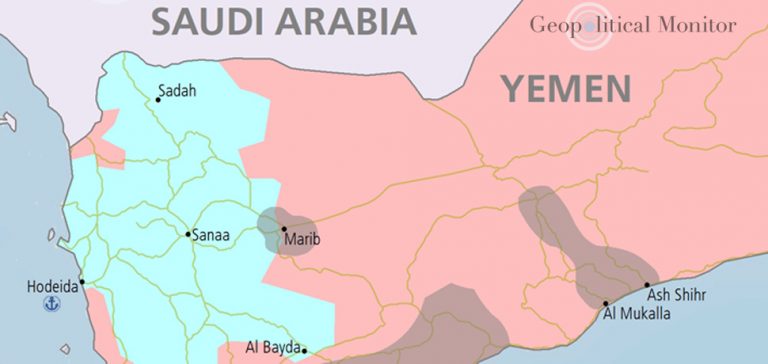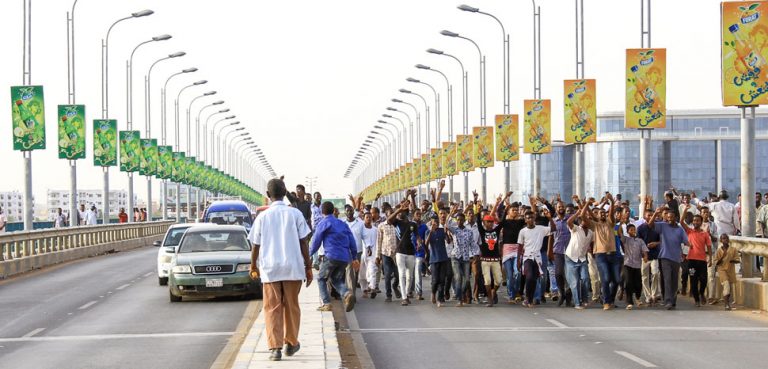Summary
In the end it was the Ethiopia-brokered proposal that carried the day, albeit in slightly modified form. The power-sharing deal, which has now been agreed to by both sides, calls for the establishment of a sovereign council to rule for three years before full elections can be held. The council will function as the executive branch over this span, and it will have five civilian representatives, five military representatives, and one ‘consensus pick’ as a tie-breaker. The council’s presidency will be held by a military representative for the first 21 months, followed by a civilian representative for the last 18 months.
After an extended period of highly conspicuous silence, the United States has jumped into the ring and thrown its approval behind the deal.
The deal is the definition of consensus in that neither side got everything it wanted. However, given the protestors relatively strong position of late, the deal may come back to haunt the country’s civilian leaders – because a lot can go wrong in three years.




